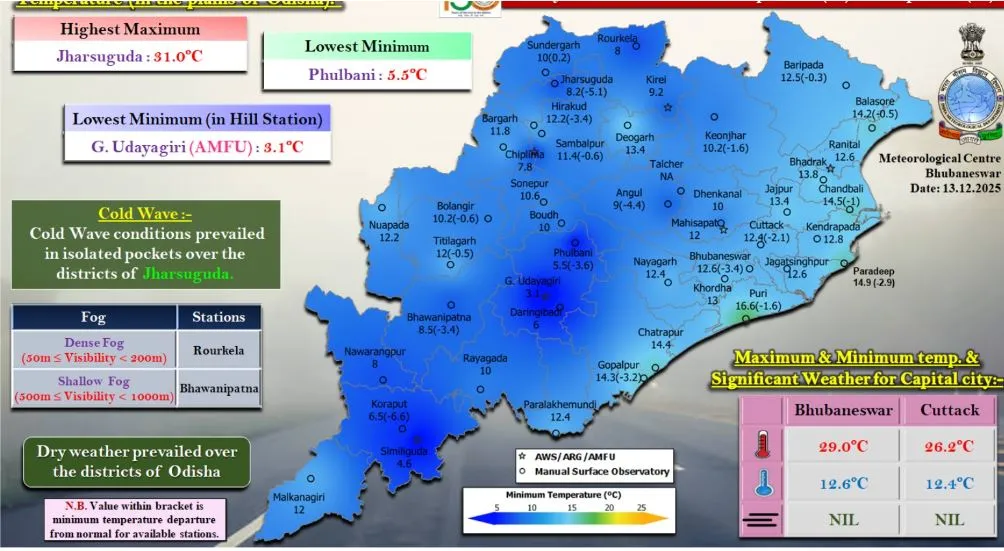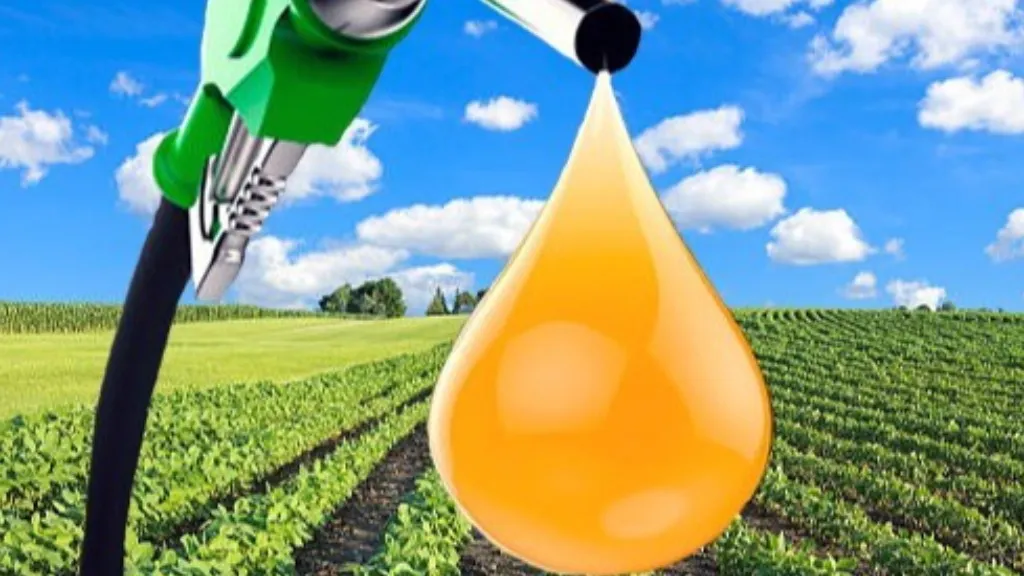

India's Biodiesel Sector Faces Collapse, Turns to Supreme Court for Survival
India's burgeoning biodiesel industry is teetering on the brink of collapse, caught in a "severe crisis" that its proponents say is the direct result of broken government promises and the monopolistic practices of state-owned Oil Marketing Companies (OMCs). The Biodiesel Association of India (BDAI) has now taken the drastic step of appealing to the Supreme Court for intervention, warning that without immediate relief, the entire MSME-driven sector, along with the nation's clean energy ambitions, is at risk of being wiped out.
A Policy Promise Unfulfilled
The crisis is rooted in the 2018 National Policy on Biofuels. Under this policy, the government gave a firm assurance to entrepreneurs that all biodiesel produced in the country would be purchased by the OMCs for mandatory blending with conventional diesel. Buoyed by this commitment, over 150 small and medium-sized enterprises (MSMEs) invested crores to set up biodiesel production plants across India. However, according to the BDAI, this promise was never honored. The industry alleges that the OMCs consistently failed to lift the promised supplies, even after issuing Letters of Intent, leaving producers with massive unsold inventories and crippling financial losses. This stands in stark contrast to the ethanol blending program, which has seen its mandates consistently enforced and expanded, while biodiesel blending has languished, falling to a mere 0.60% in the current fiscal year against a national target of 5% by 2030.
The Price Shock A Double Blow
The situation for the producers was made exponentially worse in March 2025. The government abruptly scrapped the established pricing mechanism, which was managed by the professional services firm KPMG. In its place, new tenders were issued at a fixed rate of ₹80 per liter. This represented a drastic price cut of over ₹21 per liter from the previous formula-based price, a move that came at a time when the cost of raw materials had been sharply rising. This double blow of non-purchase and a sudden, steep price reduction has made the business completely unviable for most producers. Compounding their misery, producers are legally barred from selling their product on the open retail market or exporting it, leaving them entirely at the mercy of the OMCs as the sole, and now unwilling, buyers.
A Plea for Justice
Having exhausted other avenues, the BDAI has now turned to the judiciary as its last resort. The association has filed a writ petition in the Supreme Court, which, on September 16, issued notices to the government and other relevant parties, demanding a response within three weeks. The BDAI's petition is seeking three key reliefs: the imposition of penalties on the OMCs for failing to honor their commitments, the immediate restoration of the transparent KPMG pricing formula, and permission for producers to export their biodiesel to other markets. In a parallel appeal, the association has also urged Prime Minister Narendra Modi to intervene directly to enforce the blending mandates and ensure fair pricing. "We invested based on government promises," said BDAI Vice President Dharamvirsingh Gangasingh Rajpurohit. "Today, thousands of families, crores of rupees, and India’s clean-fuel goals are at risk."